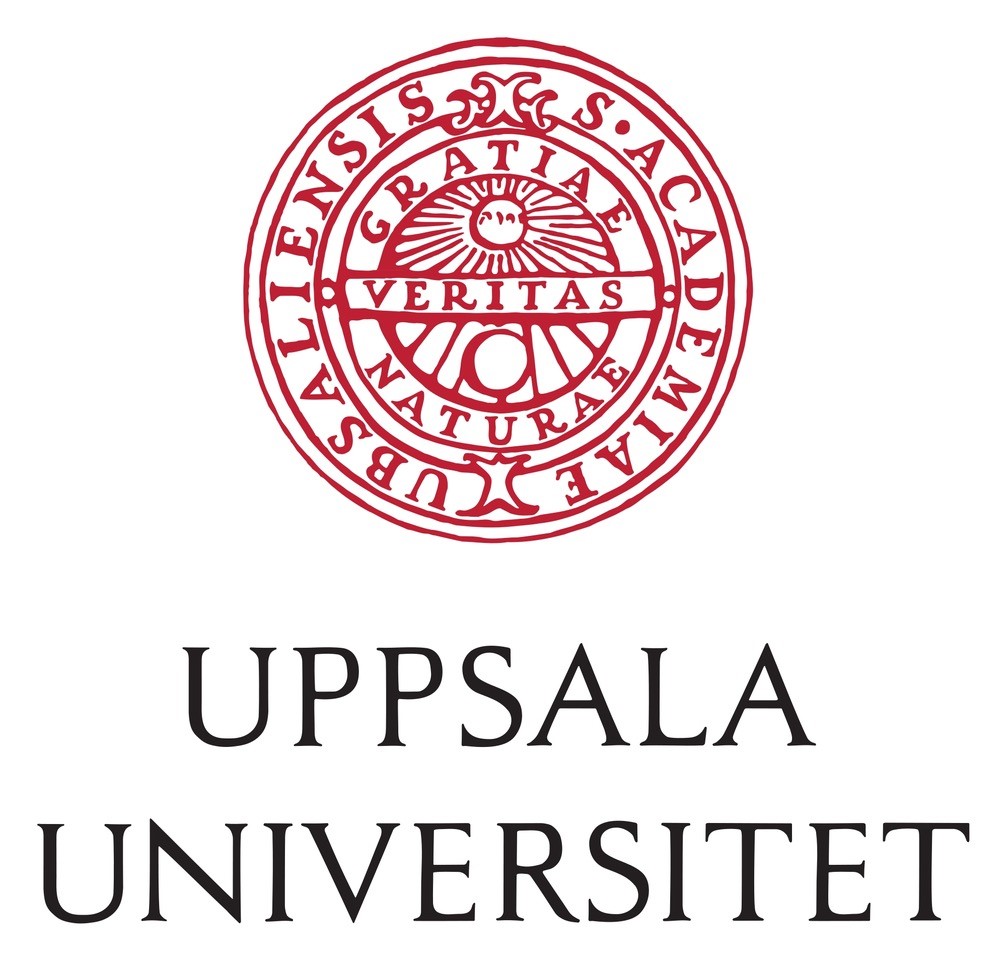Uppsala Universitet
Team Leaders
Professor Masood Kamali-Moghaddam
Team Staff
Institute Presentation
Uppsala University is an international research university focused on the development of science and education. Our most important assets are the individuals, who with their curiosity and their dedication make Uppsala University one of Sweden’s most exciting workplaces. Uppsala University has 40,000 students, 7,000 employees and a turnover of SEK 6.5 billion.
The Department of Chemistry – BMC conducts research and education in analytical chemistry, biochemistry and organic chemistry. More than 100 people work at the department. New employees and students are recruited from all over the world and English is the main working language. The department is located at the Biomedical Centre in Uppsala, which facilitates collaborations with research groups in biology, pharmacy, medicine and SciLifeLab and gives access to advanced infrastructure for experimental and theoretical studies. The international environment and good opportunities for interdisciplinary collaborations enables PhD students at the department to participate in relevant research projects and prepare for an international research career.
The Department of Immunology, Genetics and Pathology at Uppsala University has a broad research profile with strong research groups focused on molecular tools, cancer, autoimmune and genetic diseases. A fundamental idea at the department is to stimulate translational research and thereby closer interactions between medical research and health care. The department has teaching assignments in several education programmes, including Master Programmes, at the Faculty of Medicine, and at the Disciplinary Domain of Science and Technology. The department has a yearly turnover of around SEK 500 million, out of which more than half is made up of external funding. The staff amounts to approximately 345 employees, out of which 100 are PhD-students, and there are in total more than 700 affiliated people.
The research in Kamali-Moghaddam lab is focused on development of advanced molecular tools for detection and characterization of proteins and extracellular vesicles. We apply different formats of the proximity assays for high throughput screening of proteins for prognostics or early diagnostics of different diseases, such as pancreatic-, prostate- and gastric cancers. We also analyze proteins, their modifications and interactions, to better understand the emergence of these diseases. Several technologies developed in the lab, for instance ExoPLA, 4PLA and PBA, are utilized for characterization of extracellular vesicles in bulk or on single molecule level, and subsequently for sensitive detection of these molecules in body fluids as biomarkers.
The Globisch lab is an international research group with focus on the development of new Chemical Biology-based methodologies to improve the analysis of small molecule metabolites in biological samples. These new methodologies are aimed at enhancing the scope of metabolomics-based research. In our multidisciplinary research we work at the interface of Chemistry and Biology with a combination of (Bio-)Organic Chemistry, Chemical Biology techniques, mass spectrometric analysis of metabolites, and metabolomics. The discovery of specific early-stage biomarkers, new drug targets and the development of new therapeutic interventions are crucial for disease prevention and management towards personalized medicine.
